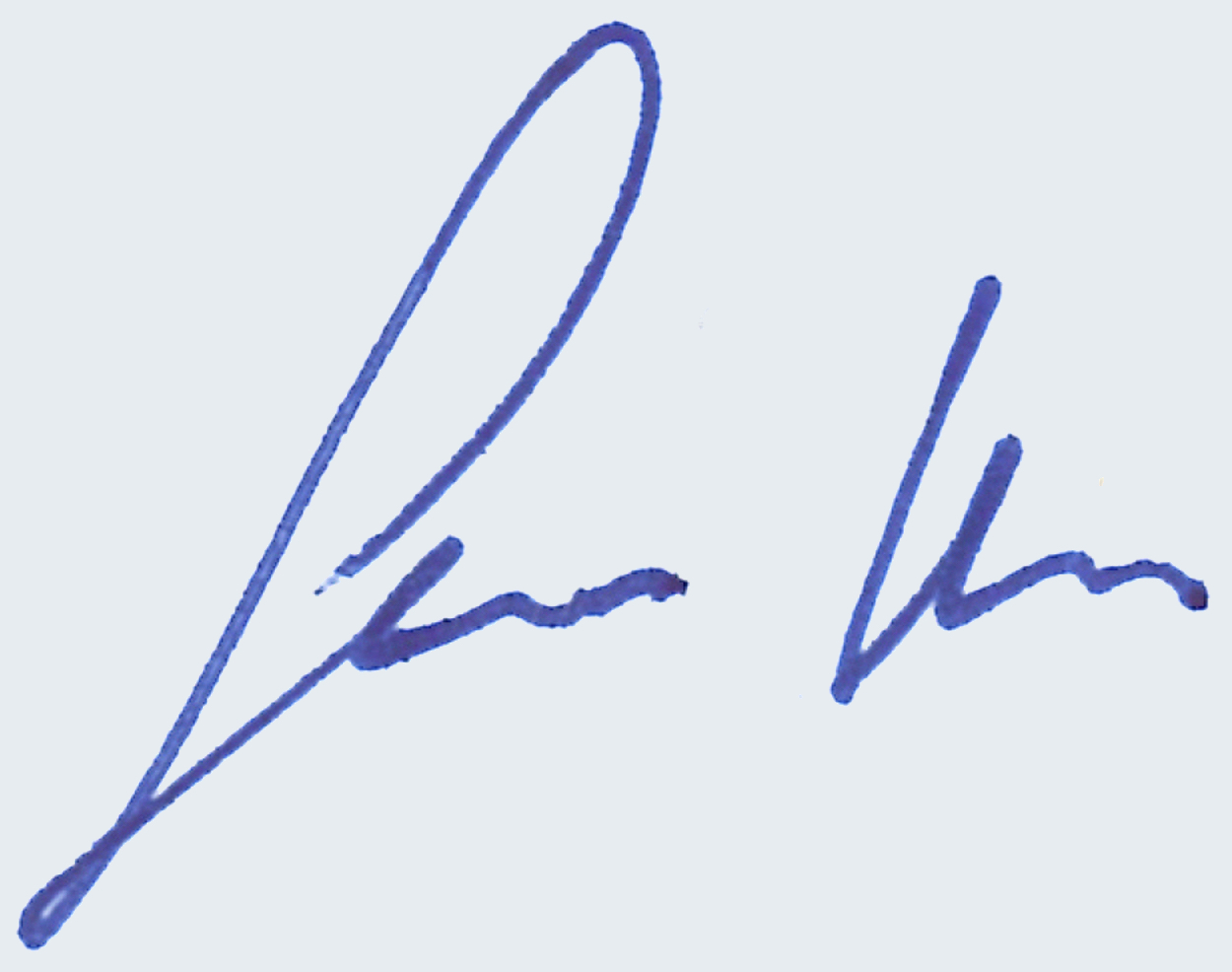Dear Reader,
I am attending a formal philosophical discussion hosted by the Existential Society of Melbourne at 2:30pm – 4:30pm on 12th of December 2020 to discuss this question with my esteemed colleagues.
It is important to recognise that meetings like this are ancient battlefields where ideas, carefully framed as questions, are actually arrows. The goal is for us to act with courage even in the face of insurmountable odds. To notice the arrows as they rain down upon us from the sky to penetrate our Integrity. And to ask why, as we finally give ourselves permission to Fall in the heat of battle.
This beautiful Game calls for the careful preparation of a strategy and the best strategies are the ones that work even when our opponents are aware in advance because they will actually choose to act in their best interests and assist us. These types of strategies turn self-interested opponents into allies.
First we must appreciate that we share the same reason as our opponents when we choose to go out onto the battlefield. We both seek to champion a cause. Whoever that hidden cause 🌹 might be, I believe it always reduces empirically to ‘risk’ for both sides, the only thing ever worth fighting for in life. Why? Because risk kindles challenge, and challenge fuels growth. And without growth we’re not really alive at all, are we?
Second we must reflect upon the nature of the First Arrow. That first question, as it is posed in this discussion, is inflammatory as that is what draws together a motivated group of potential allies to naturally seek communion through a process of shared validation. The result is an emergent and quite necessary social dominance hierarchy composed of multiple hierarchies of competence. It serves to shield everyone within the group against the chaos of the Unknown which finds its origins within the existential illusion of the ‘Other’.
Now our commitment to work with others in an effective manner, even when we might disagree with them, eventually bestows upon us the ability to solve social dilemmas in a way that all participants within the Game are given the opportunity to win even if they lose. The skill is to release and catch the First Arrow simultaneously and thereby break it in a way that ensures there can be no further arrows. Not an easy task.
Like any religion, atheism exhibits Self-organising properties within the space of ideas. Realising this I would release and catch this arrow at the same time and simultaneously break it into two pieces, one for each side of the argument.
- How is atheism similar to Religion?
- How is atheism different from Religion?
Then I would proceed to cautiously disarm both questions simultaneously at all three levels of Being:
- Atheism demonstrates a self-contained, reason-based, ruleset making it a worldview.
- Atheism results in goal-directed behaviour across a political gradient in the pursuit of balancing prudential and moral value.
- Atheism assumes an invisible internal deity that’s no different from an invisible external deity.
Any discussion from hereon will pivot at these three levels. Or maybe not. Perhaps the value in this discussion is to notice our pre-existing assumptions or the constipated lenses through which our individual worldviews have been constructed. This gives us access so to a more stable and effective set of semantics with which to reach others.
The mistake we often make is to conflate our personal beliefs as being wholly relevant to answering the big questions in life. This leads us straight down a blind alley where the lights go out as communication breaks down 😴.
I believe this is case dismissed! Yes? No? Yes?
I’m waiting for someone with a verbal IQ in the vicinity of Neptune and a heart of the size of Jupiter, and I know they’re probably not out there, to bravely dare to claim that the ruleset governing Religion isn’t based solely on Reason to which I would politely disagree and prove with the Science of Applied Philosophy, once and for all time, that Religion as a template, is based purely on Reason. The real issue at hand is that individuals themselves do not make decisions based purely on Reason.
Religion, an important part of an evolving Culture, appears to be a stunning attempt by our ancestors to solve an existential paradox known as Hume’s Law. You can read up on it on Wikipedia. Hume’s Law also appears to be described in the answer to the fourth question within the book ‘On Foundations of Healing: A new framework for an old frontier’ (Sasha Kanthan, Amazon, 2020). This simple question and its corresponding answer, if you were to ever go looking for it, puts forward a critical philosophical construct known as ‘Meta-narrative’. In fact religions are attempting to solve the paradox of Meta-narrative and not simply Hume’s Law in isolation.
So what exactly does ‘Meta-narrative’ articulate? If we look up the ‘Hero’s Journey’ by Joseph Campbell on Google images we notice that it appears to be a two-dimensional cycle. But is it? I see a three-dimensional spiral in the shape of a staircase with a point A and a point B. Now if we take point A with our left hand and point B with our right hand, and repeat the words ‘Hail Mary mother of God!’ three times to ourselves as we stretch out the spiral until we have a straight line, what do we have? A new arrow perhaps? Where might this particular arrow be pointing? A gender-neutral Meta-narrative?
Note that I’m not ‘religious’ at all or am I? Either way, I do have a friend named Mary who supports our local philosophy club at Gnostic Forest & Bunch 💐. In summary, I believe individuals in general can learn much about themselves and others by seeking to understand the context of their chosen approach to solving simple yet challenging existential questions. Note that I too welcome criticism that challenges my understanding and my efforts to reach out to others.
This raises the final question: Why did I write the book? I developed the philosophical framework described within the book unconsciously using an emergent and geometrically coherent set of neutral Self-defining terms during a relentless and Herculean campaign to reach individuals trapped in dark places in the Emergency Room 🚨 at incredible speeds. To be able to effectively and efficiently articulate the difference between fault and responsibility and dismantle any trace of Judgement in that sacred place. Why? How can we hope to heal anyone if we cannot reach them?
Personal circumstances (a fateful adventure out of Eden into the Unknown, aka the real world) subsequently compelled me to become aware of the framework and ‘complete’ it in order to make it available to anyone who might be willing to make the effort to look beyond their natural and perhaps necessary prejudices in the hope of finding common ground within the realm of shared values.
Go ahead and purchase this simple book on Amazon. If you find it useful, tell your friends and your enemies to do the same. In the coming months I’m going to attempt to demonstrate why that book may one day, with your ongoing criticism, rival Tsun Tzu’s ‘The Art of War’ 🎯.
Don’t trust me, trust yourSelf.
Faithfully yours,

Dr Sasha Kanthan
Professional Facilitator
On Foundations Of Healing 🌤️
PS: This letter is dedicated to ‘Risk’ …🎁
[Edited for grammar on 14th April 2021. I also acknowledge criticism that Wikipedia may not be the best source as an academic reference.]

